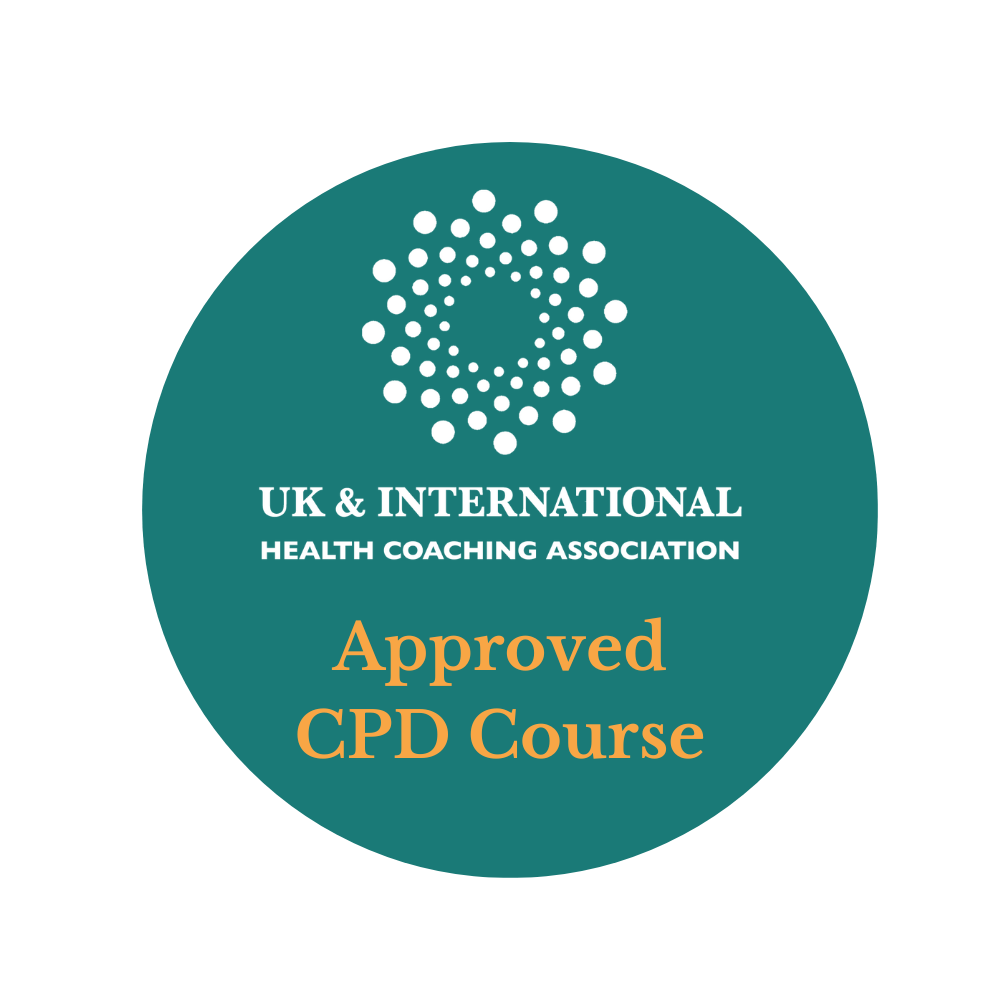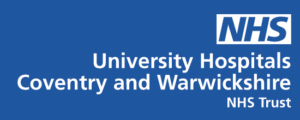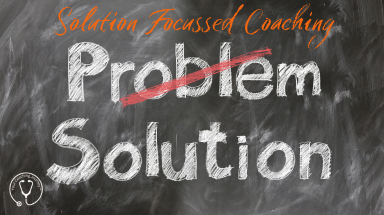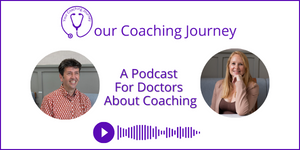Prefer to listen?
This blog post is taken from our podcast on social health which you can listen to here.
What is The Solution Focussed Approach to Coaching
The Solution Focussed Approach to Coaching is an outcome orientated, a future focussed approach that is probably as far away from the person centred approach as you can get without being directive.
Whereas the person centred approach is much more about taking you time, allowing the person to tell their story, staying with their situation, the Solution Focussed approach is much more about coming up with the solution, as the name would suggest.
And, it’s much faster moving.
This coaching approach has its roots in solution focussed brief therapy, which was a type of therapy that was devised in Milwaukee in the 1970s. It’s been around a while and like a lot of other therapeutic approaches that have found its way into coaching, it gives us some useful tools and techniques.
Just to be clear, we’re not doing therapy in the coaching room, but there are some useful tools and techniques that we can borrow and use from the world of therapy in a coaching approach.
Rather than sticking with the problem and really exploring it, and analysing it, the emphasis in solution focussed coaching is to look at the solution. We want to help our coachees to find the solution, build on their strengths and really explore what’s going well, what strengths they have, what resources they have that will take them to the outcome that they want to see.
You may have thought that it comes from a business approach and the solution focussed approach does lend itself well to business; Identifying the goal, how we’re going to get there, when we’re going to get there. We’re looking to move on and to reach our desired outcome. It might not necessarily be a goal as it might be in the business world, but we would still have a desired outcome. This is an approach that we have found is really appealing to doctors because they’re very good at coming up with solutions for other people. And of course doctors are educated and trained to come up with a solution. They’ll take a history, they will look for the symptoms, they will then diagnose, and then they will prescribe a treatment or a change in behaviour that they think is the right course of action. Which is what we want when we go to a doctor, they’re the experts.
But that’s not the relationship that we have with a coach. And we’re quite clear in our coaching. We are there perhaps to share some information, but to really draw the answer out of the person in front of us.
Just to be clear – in solution focussed coaching, it’s the coach that’s coming up with the solution. It’s still the coachee that’s coming up with their own options and answers. We’re just perhaps moving a little bit faster.
What Are The Defining Elements of The Solution Focussed Approach to Coaching?
- It’s outcome orientated. We are looking for what the Coachee desires as an outcome. We’re encouraging them to have a vision of success around what they want to achieve.
- We’re not spending too much time talking about the problem.
- We’re talking about where they want to get to,
- It emphasises looking forwards towards the future and moving towards that desired outcome. We’re going to focus on the coaches strengths and their resources.
- We will perhaps use scaling and some way of measuring their progress.
-
Breaking things down to small steps
-
Acknowledging progress has been made, to recognise and talk to the coachee about that along the way and celebrate successes
Do we talk about the past?
We’ll perhaps talk about the past in the sense of, thinking about a time when this has worked really well, or a time where they’ve been supremely confident, or achieved a goal. We will ask questions like:
What strengths did you utilise in that moment?
What resources did you call upon to make that happen?
We ask these in order to find their strengths and resources that can be utilised to draw the coaching forward and look at things in a much more positive way.
What Tools Are Solution Focussed Tools?
The Wheel of Life that we’ve covered in a previous podcast and blogpost is a solution focussed tool. That helps coachees to assess where they are now and where they want to be. And then to explore the gap. (We talk about this tool in this podcast episode)
Scaling is another tool from this approach. If we are coaching someone about a large project we might ask: ‘on a scale of 1 to 10, if one is ‘I haven’t even started yet’ and ten is ‘finished’, where are you on that project? They might say, ‘well, I’m a four now’.
That gives us a really good opportunity to explore further: ‘okay, so you’re already a four, we’re not starting from one. There’s already been some progress. How have you gone about making that progress?’ This then allows them to talk in a empowered way about what’s working for them. They have some self-efficacy because they’ve already made progress on their 1 to 10 scale. It’s going in going in the right direction. Scaling can be used in many ways.
The Magic wand or Miracle Question: This is a really useful tool that allows the coachee to imagine a future. It’s sometimes called the miracle question, and people can start getting a bit hung up on the fact that it’s crazy thinking, but it can be very practical just to have a vision of how you want things to be. After all, if you don’t know what you want, how do you ask for it? If we can create that vision through the magic wand question so that someone has the idea of what ultimate success would really look like, then they can start to put things in place to achieve it.
Here’s an example of it being used:
During lockdown, everyone in this manager’s team had gone online. The team meetings had gone online and he came to the coaching session saying that he needed to sort out my team meetings as they were really dysfunctional. He told me that the plan had been that they would start off with a Monday morning management meeting where someone would make a five minute presentation of something. Other people would listen. They would come in at the end and ask questions. Then they would have a wider agenda. But he said it they just start interrupting and talking over the person presenting. And the five minute presentation becomes a 20 minute presentation because people keep interrupting. And then people start arguing and it all just becomes a bit of a free-for-all.
So Tom asked him the magic wand question.
“Let’s imagine that on Sunday night you go to bed and whilst you are asleep, a magic wand is waved. Now you don’t know the magic wand has been waved because you were asleep. But when you wake up on Monday morning, you go online and you enter that meeting. Because the magic wand has been waved, everything is exactly how you want it to be. How would you know that the magic wand had been waved?
He said,
“well, so to start with, the five minute presentation would be a five minute presentation. Everyone else would be on mute, so they wouldn’t be interrupting, and that would remain the case until they’d finished. Then they would ask any questions they’ve got, and then we would have a more general conversation, and I would call upon people to speak. They would be on mute until I asked them, and that’s the way it would work. And it would all run to time, and we’d finish on time and it would all be lovely.
That was his vision. So I asked him who facilitated those meetings, who chaired them, and he said that it was, in fact, him.
Tom then asked: “what steps could you take to ensure that happens?”
So he had his vision and was able to identify what he needed to do to achieve it. That was a very practical example.
The Solution Focussed Approach is very much about drawing the potential out of the person in front of you, giving them some self-efficacy that they can achieve what they want to achieve, and that they have internal strengths and resources that they can call upon, and they will find their own way forward. And then once they have that idea of the steps they’re going to take to move them forward, then over time, you can go back to that, see what progress is being made, see what barriers are getting in the way.
There may be some emotional and psychological barriers that come up for people that will get in the way and prevent them from making progress, or that will make them procrastinate, so we have to be ready for that. Just because we’ve used a solution focussed approach doesn’t mean that it will all be plain sailing, but we’ll come to those when we come to them, and we’ll address them then, and we will find a way forward from there.
Some coaches will always use a solution focussed approach, that’s just how they have been trained, or prefer to work. We are very integrative coaches so will use different approaches, and many combine well with this approach.
If you’re using a person-centred approach but it isn’t moving things forward, then we might introduce a solution focussed approach that is going to help move them on their way.
The Magic of Coaching
One of the lovely elements of the solution focussed approach is the recognition and the idea that you should check in with clients about what changes have happened already, even between an initial interaction, maybe a discovery or call or chemistry session and their first coaching session, because things can shift in that time. Even just having that initial talk about engaging you as a coach can lead to things shifting for them in some way.
As they start to think about the coaching, their situation, their thoughts around it can trigger a shift to happen. Coaching isn’t all about what happens in the coaching room, the coachee will carry on thinking beyond that, and their thinking might well change over that time. So when they come back for their subsequent session, their thinking might have changed completely. So we do need to check in with them about that. And that that happens with all approaches to coaching, it’s just that it’s something that is recognised within the solution focussed approach.
The solution focussed approach offers a really helpful way of interacting with Coachees, and one that you might choose to engage with if you don’t already. You may now realise that you use some of it already, even if you don’t call it solution focussed.
Both our Doctors’ Transformational Coaching Diploma and our Transformational Coaching Diploma for Lifestyle Medicine cover the Solution Focussed Approach to Coaching. Take a look and get in touch if you have any questions about either.
The Transformational Coaching Diploma is
Approved by the UK & International Health Coaching Association for the purposes of Continuing Professional Development (CPD).


The Transformational Coaching Diploma is
Accredited By:

Policies & Disclosures
Provider of The Transformational Coaching Diploma For:




Copyright © 2020 – 2024 Your Coaching Journey Limited | All Rights Reserved
Registered in England & Wales | Company Number 13233094
Registered Office: 13 Edyvean Close, Rugby, Warwickshire, CV22 6LD
V.A.T. Reg. No. 450175416



